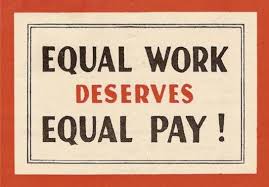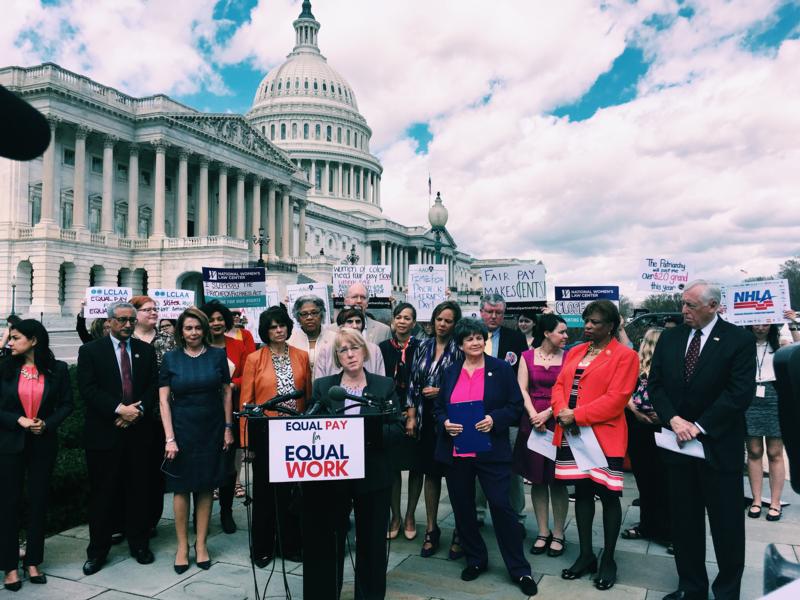Labor Code section 1197.5 prohibits employers from paying employees lower wages than employees of the opposite sex, or employees of a different race or ethnicity, who perform substantially similar work. Differences in wages are only permissible where payment is made pursuant to a seniority system, a merit system, a system which measures earnings by quality or quantity of product, or a factor other than sex, race, or ethnicity.

Last year Assembly Bill 46 extended the Fair Pay Act prohibitions to cover public employers, by defining “employer” to include public and private employers. It also granted the Division of Labor Standards Enforcement (DLSE) authority to enforce this prohibition against public employers.
Most public agencies have a merit, civil service system, or even just wage tables that set wages by job classification, so AB 46 will probably not have a substantial impact on public employers. However, if your salary is less because of your gender, race, or ethnicity you have two or three years (depending on whether the violation is willful) to file a wage discrimination claim with the DLSE or in court.

More information about equal pay under California law can be found at the DLSE’s website:
https://www.dir.ca.gov/dlse/California_Equal_Pay_Act.htm
